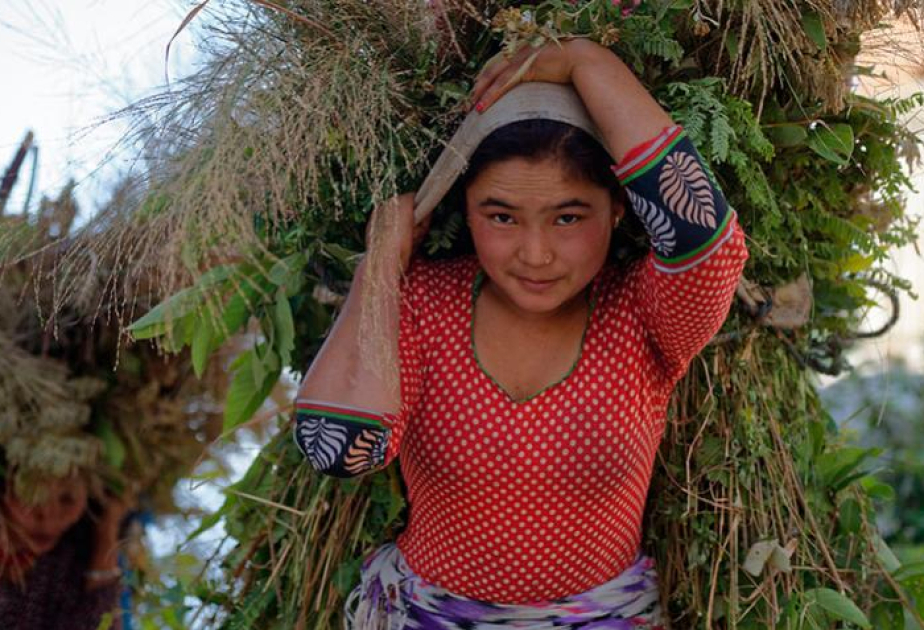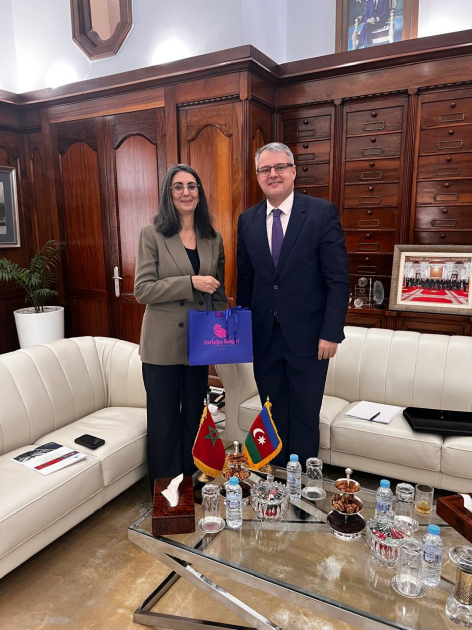Achieving gender equality and empowering women is not only the right thing to do but is a critical ingredient in the fight against extreme poverty, hunger and climate change, according to the official website of the United Nations.
Women are responsible for half of the world’s food production while working as environmental and biodiversity stewards. As farmers, women have learned how to cope with and adapt to climate change, for example, by practicing sustainable agriculture in harmony with nature, switching to drought-resistant seeds, employing low-impact or organic soil management techniques, or leading community-based reforestation and restoration efforts.
Indigenous women have been at the forefront of environmental conservation by bringing invaluable ancestral knowledge and practices, and rural women have been leading global and national climate movements that have spotlighted the need for action for the sake of this and future generations..
Given their position on the frontlines of the climate crisis, women are uniquely situated to be agents of change — to help find ways to mitigate the causes of global warming and adapt to its impacts on the ground.
However, reports prove that climate change has a more pronounced impact on women, primarily indigenous and peasant women, whose agricultural dependence, living conditions, and marginalization expose them to a greater degree of changes due to climate, loss of diversity, and pollution.
This International Day of Rural Women's theme is “Rural Women Sustaining Nature for Our Collective Future: Building climate resilience, conserving biodiversity, and caring for land towards gender equality and empowerment of women and girls.”
Let’s promote their work as food providers and protectors of the environment. Let’s demand their participation in decision-making within their communities. Let’s promote rural areas where women can have the same opportunities as men.

















